A credit to the pace of our world’s technological innovation, today’s audio landscape is almost unrecognizable to the previous decade. We now ask our smart speakers and headphones to play music for us, our wireless headphones are good enough to consign wired pairs to a museum, and modern turntables mean that we're increasingly listening to a format that was on its deathbed in the late ‘80s. Accessing millions of high-quality songs at the touch of a button is no longer a pipe dream, either.
Here, we take a look at the biggest audio trends of the last decade – the upsurge of streaming, voice control and vinyl amidst the decline of music piracy, CDs and the headphone jack – for the 2010s will be remembered for much more than Gangnam Style, meme culture, and the perceived color of that dress...
The last ten years in audio
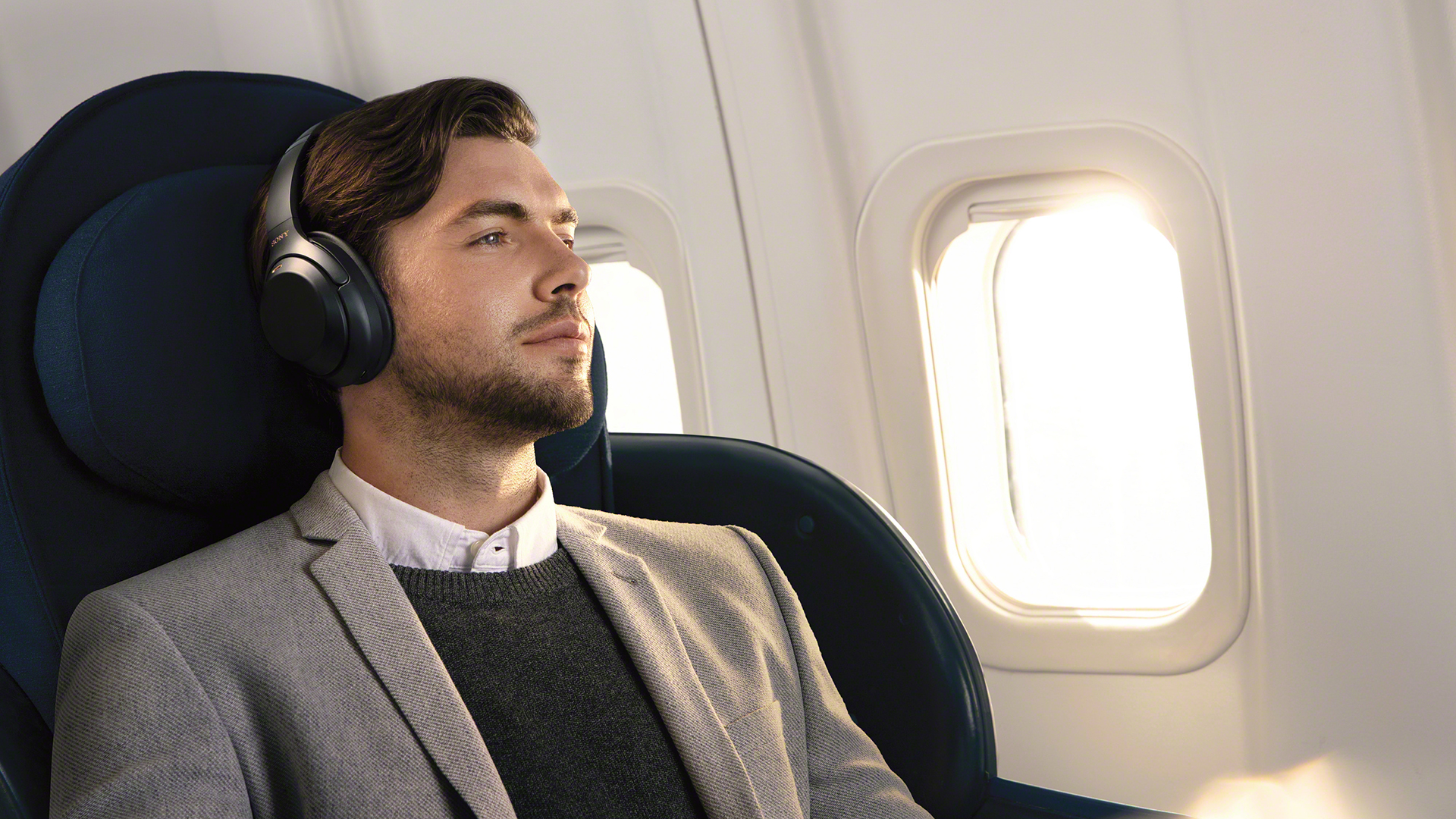
1. Wireless headphones
Those AirPods in your ears or Sony headphones around your neck – you can thank Bluetooth for them. While the technology first gave rise to wireless headphones around fifteen years ago, it's only in the last decade that it has advanced enough for cordless cans to offer a true alternative to wired pairs.
Today, many even sound comparable thanks to the combination of improved hardware and Bluetooth technology. While Bluetooth transmission was originally limited to 328kb/s (slightly less than MP3 quality), Qualcomm’s now widely adopted aptX Bluetooth audio codec arrived at the turn of the decade to enable ‘CD-like’ quality. Furthermore, aptX HD, which launched in 2016, now sees many pairs capable of Hi-Res 24-bit wireless transmission too – and Bluetooth LE is set to change the way we listen in 2021.
- These are the best wireless headphones you can buy

2. True wireless earbuds
Advanced Bluetooth chips such as Apple’s H1 (as found in the AirPods) and Qualcomm’s TrueWireless Stereo have also emerged to make way for the endemically popular AirPods-style true wireless earbuds which deliver (mostly) stable connections and increasing power efficiency through their completely wire-free, untethered form.
They may have been the subject of unfavorable memes and electric toothbrush head comparisons, but since their release in 2016, subsequent 2019 update, and the launch of the AirPods Pro, the AirPods have been the talk of the headphone town. As rivals look to snatch some of that market share with noise cancellation, sleek designs, and cheaper prices, the popularity of true wireless earbuds will undoubtedly continue well into the next decade.
- Apple AirPod-alternatives: the best true wireless earbuds for every budget
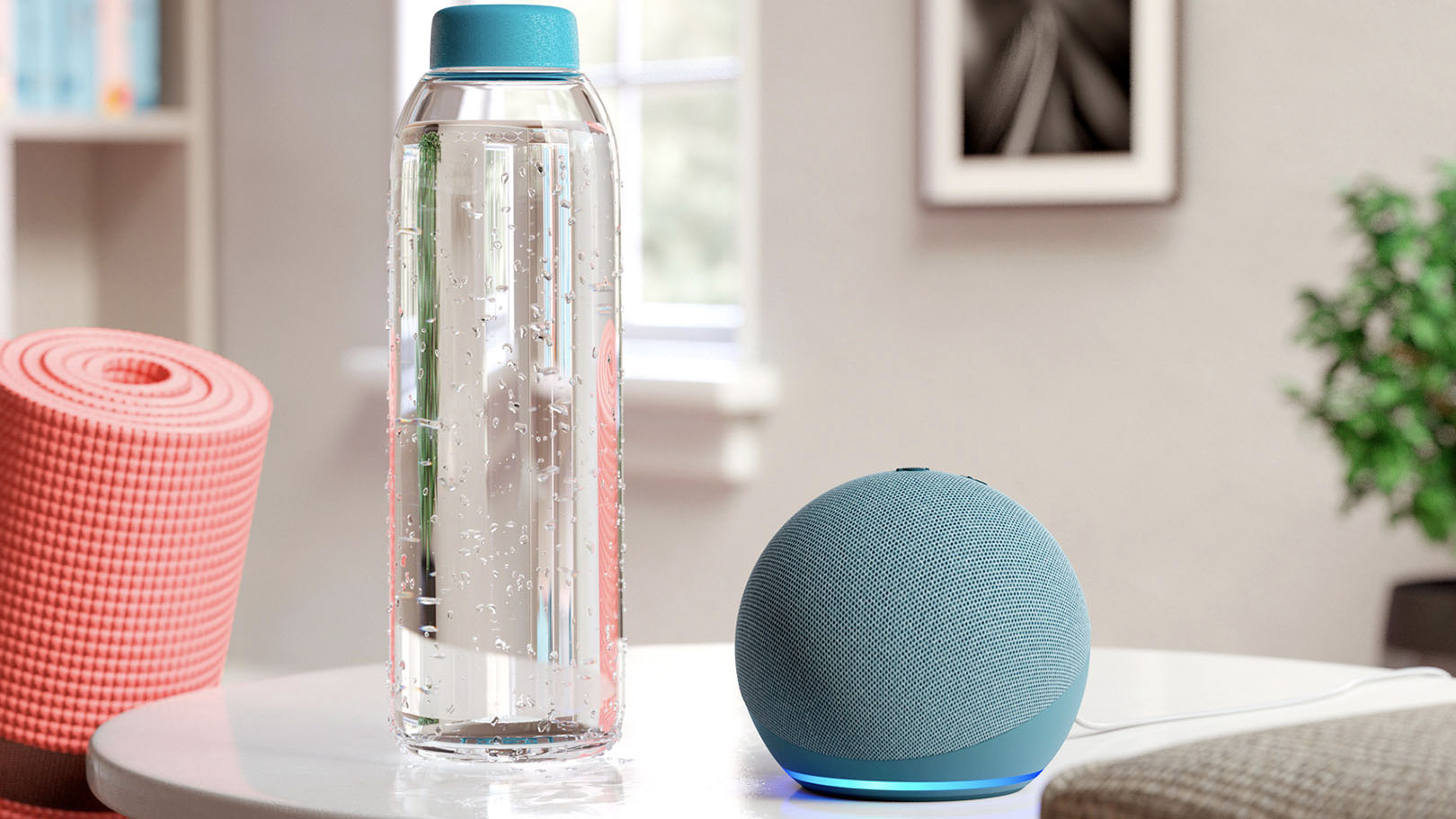
3. Voice assistants
These days you’d be forgiven for shouting “Alexa, play Ed Sheeran“ at your unresponsive wardrobe. After all, many ‘smart’ things in our homes and daily lives can now abide by such voice requests, whether that’s a wireless speaker (in which virtual assistants originated), an in-car system, a plug, light, or even a microwave.
With the uptick in smart home adoption and the inarguable popularity of certain smart devices such as the Amazon Echo Dot and Apple HomePod, it would be almost impossible to ignore Amazon’s seemingly everywhere Alexa voice assistant, as well as rivals Google Assistant and Apple Siri, even if you wanted to. In only five or so years, these leading virtual assistants have paved a hands-free way for how we control our devices, find information and, ultimately, live our lives – and they will only continue to do so.
- The best Alexa speakers you can buy today
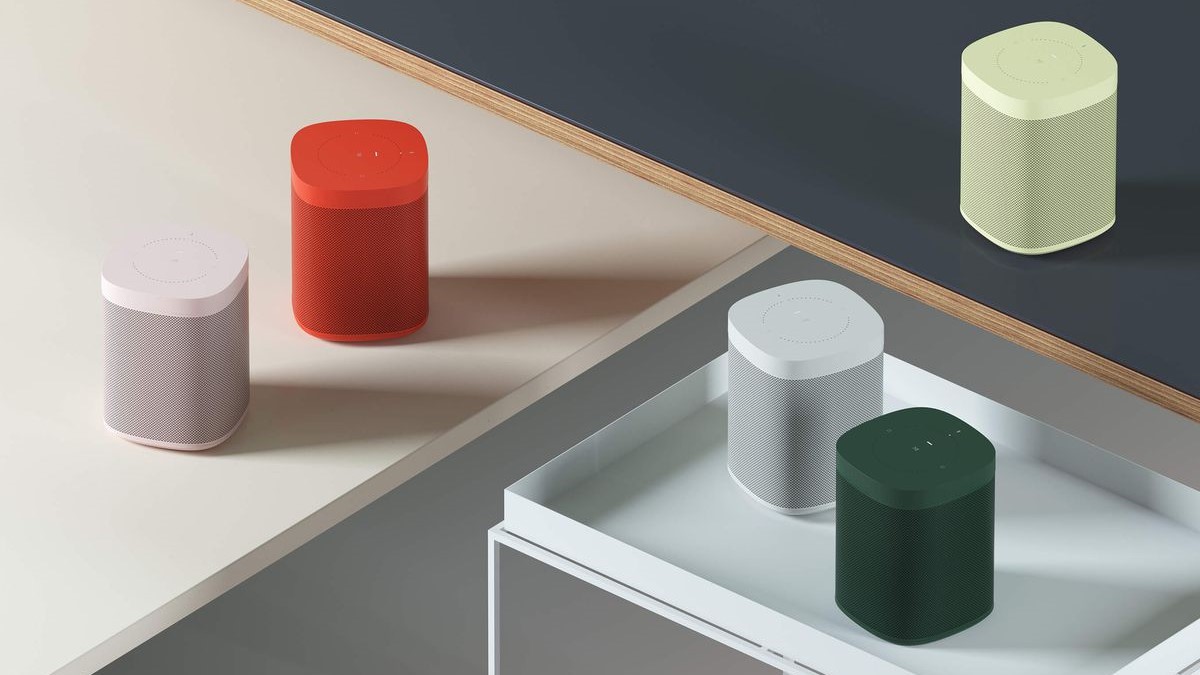
4. Multi-room audio
Music in the bedroom, music in the kitchen, music in the garden, music in the hallway; music anywhere you can get a Wi-Fi signal. Multi-room marvel Sonos introduced and normalized the concept of simultaneous music playback in multiple rooms of a household.
Eight years after it rounded out its catalogue with the wireless speaker line-up we know today, the now exhaustive multi-room market is still Sonos-centric despite venerable rivals from the likes of Bose, Audio Pro, and Bluesound. The ability to pair and group multiple speakers together is now a fixture of many wireless speaker brand’s line-ups, and has become a paramount feature within many prevalent open-source platforms such as Google Chromecast and Apple AirPlay 2.
- The top wireless speakers we've tested
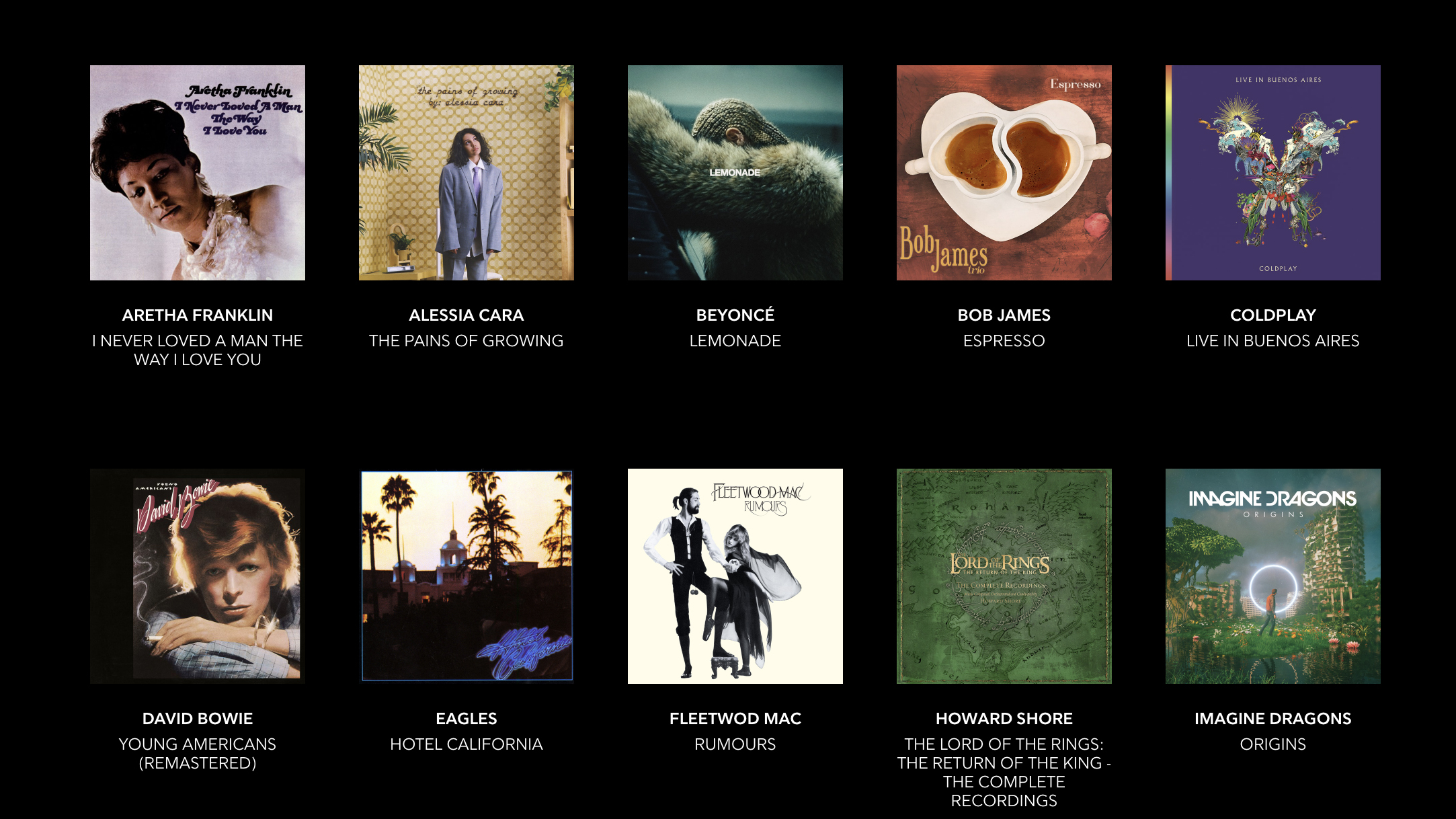
5. Music streaming
The digital audio era birthed two ways to consume music – streaming and downloads – and while one is miserably losing out, the other is thriving. Predominantly thanks to Spotify’s arrival in 2008, the 2010s have very much belonged to music streaming.
In 2018, streaming accounted for nearly half of the global recording industry’s revenue, its growth more than making up for the nosedive decline in CD and digital downloads revenue. It’s changed the way we consume music – we borrow rather than own it, we listen to songs as opposed to whole albums, it’s about cloud storage and bandwidth over hard-drives and...well, nothing. In a partial attempt to overthrow the largest streaming service on the planet, rivals such as Amazon Music, Tidal, and Deezer are offering not only much, much higher-quality, 24-bit sound quality, but also new listening experiences altogether, such as 3D audio.
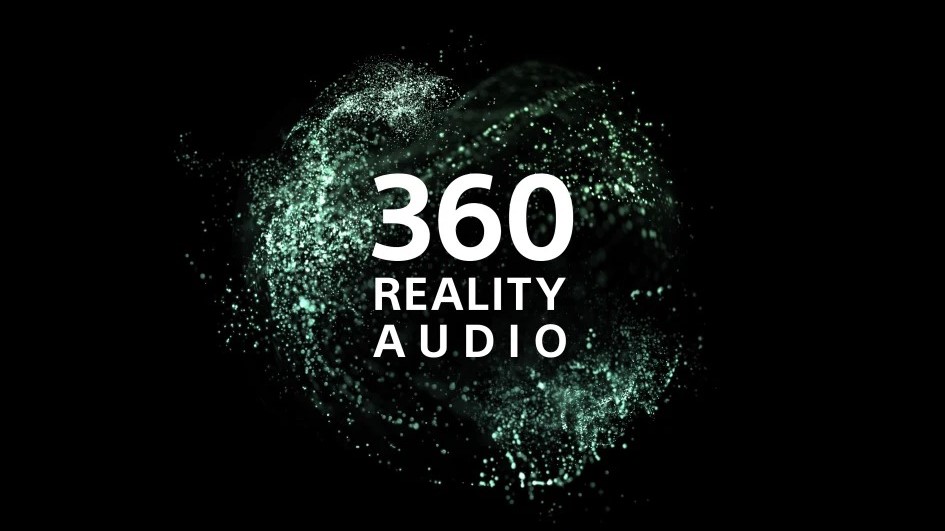
6. 3D audio
“Here's something I probably shouldn't be saying: I never listen to my soundtrack albums because I can't stand it. It's just stereo,” said Hans Zimmer, in an interview with Coming Soon.
‘Just stereo’ was an adopted attitude when multi-channel music enjoyed its heyday in the early noughties (thanks to SACD), and while we’ve since returned to stereo partiality there’s still a desire for more immersive audio experiences; experiences processing wizardry hopes to deliver.
And these have found homes on streaming services. On Deezer, Amazon Music HD and Tidal, for example, there are songs in Sony’s 360 Reality Audio format, which uses proprietary object-based audio technology to deliver a full 360-degree audio experience. Dolby Atmos Music has also emerged to promise more engrossing music streaming through services, too. While 3D may be dead and buried in the AV world, it’s very much alive and kicking in music.
- What are the best Doby Atmos speakers?

7. Personalized listening
Just as we don’t have to use our hands to play music these days, we don’t need to choose it anymore either. You could spend days, weeks, even months listening to a streaming service without needing to use its search bar – and not because you’re indecisive, but because recommendation algorithms now serve up what you want to listen to for you. Spotify et al will make us playlists – several playlists, in fact – based on our listening habits, and the more we listen the more intelligent (and, theoretically, accurate) the AI tool gets.
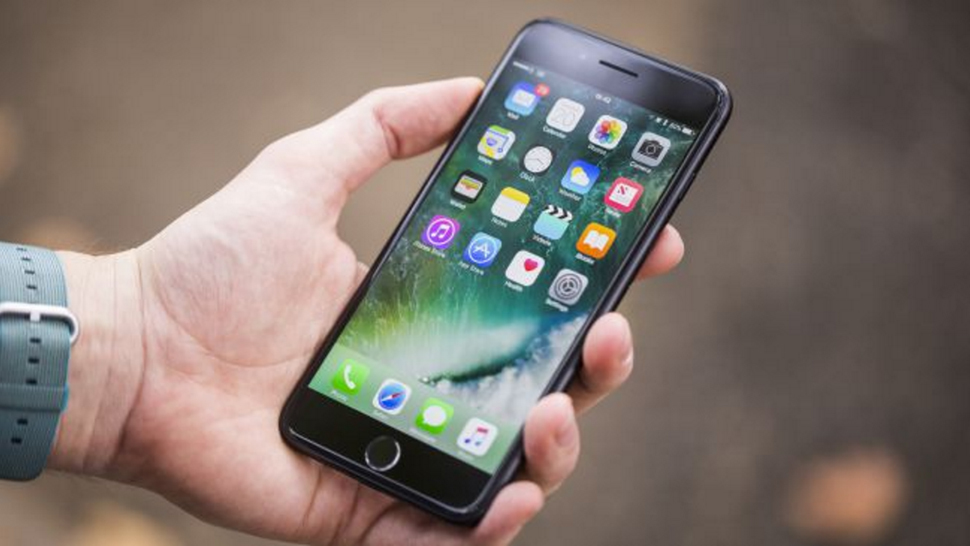
8. No more headphone jack
When Apple axed the 3.5mm headphone jack on its 2017 iPhone 7, and the rest of the phone world began following suit, we were given two options: walk around sheepishly with a dongle sticking out of our phones in order to use our favorite trusty pair of wired earbuds, or simply use wireless headphones.
Unsurprisingly, the latter emerged as the most popular choice, hammering another nail into the coffin of wired options. The 3.5mm jack isn’t dead just yet – it lived on in the likes of the Samsung Galaxy S10, midrange Google Pixels and even the iPhone SE – but its future doesn’t look bright, especially now that the Apple AirPods Max have emerged with no audio port to be seen.
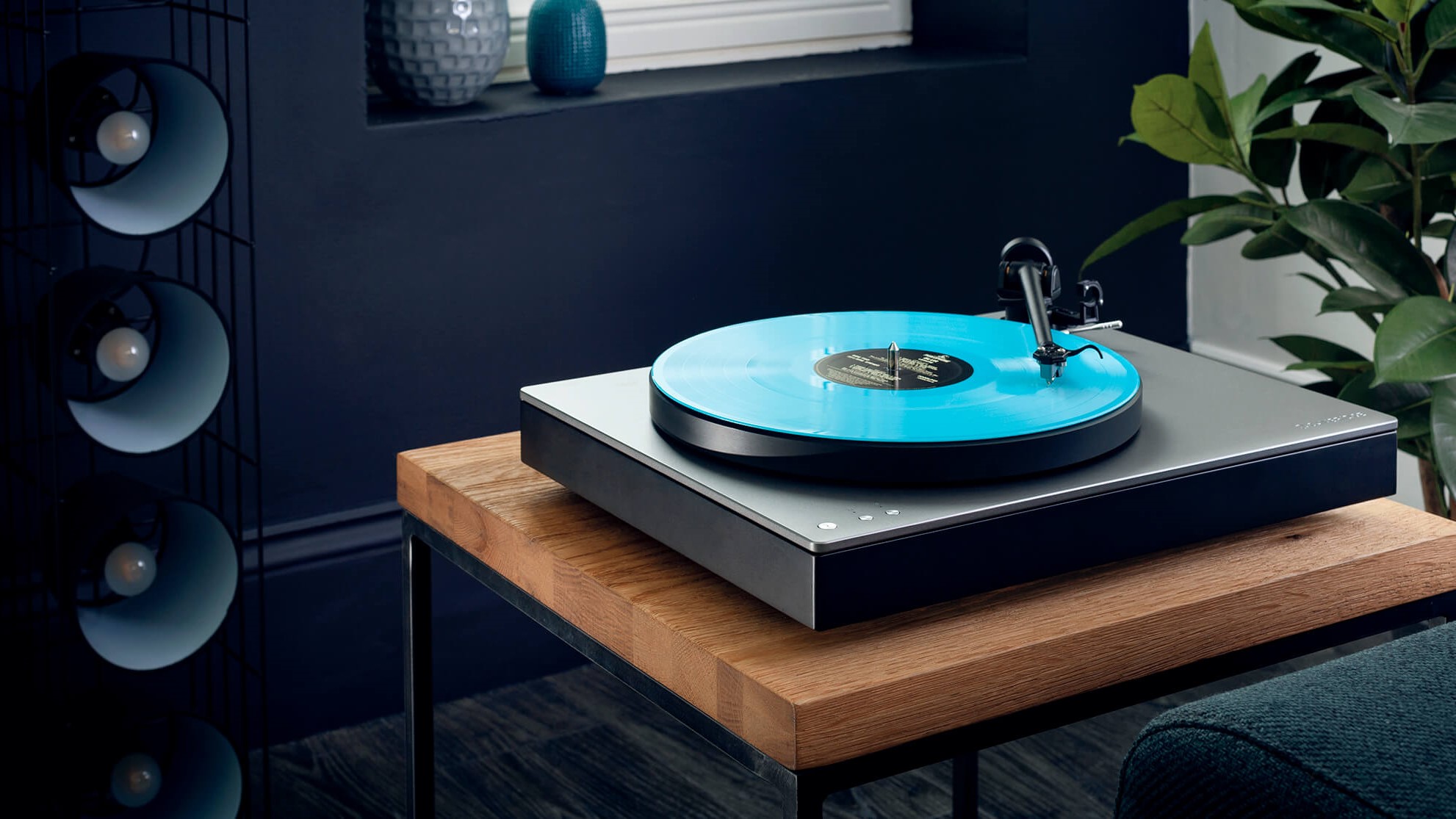
9. The vinyl renaissance
Once left for dead as CD dawned, vinyl has resurged with a celebratory snap, crackle and pop. Staging the perfect revenge, it is even on track to outsell CDs for the first time in over 30 years.
The comeback of the physical format was perhaps unlikely in this digital world, but its unwavering traction over the past half-decade just goes to show that while the convenience and accessibility of streaming is king, ownership and tactility also remains important. The vinyl revival has also in turn re-popularized and advanced turntables, not to mention expanded the connectivity checklist of audio systems to include a phono input. Would we have had Bluetooth turntables, or decks that can not only play, but also digitize vinyl records, selling on the high street without this renaissance? Not likely.
- The best turntables for audiophiles and beginners
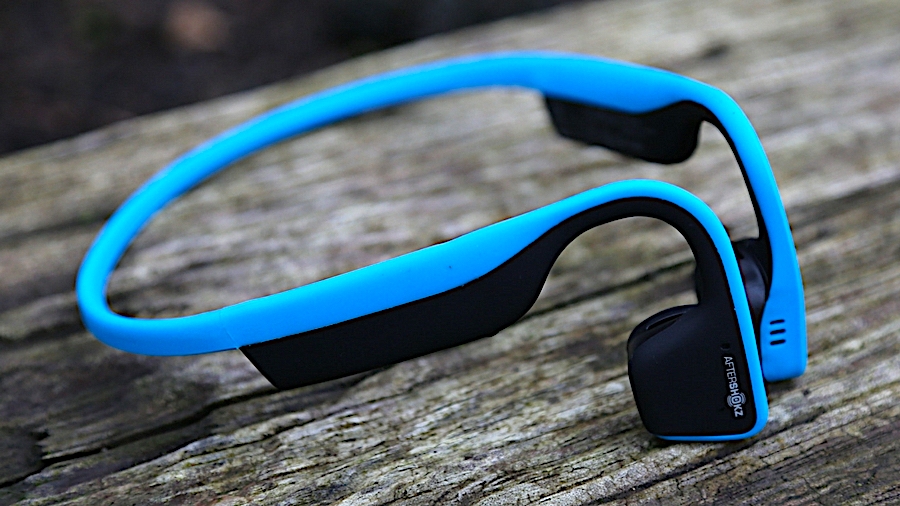
10. Bone conduction headphones
True wireless earbuds may be under the spotlight in the headphone world, but another concept is battling to be heard: bone conduction headphones. What may sound like the futuristic brainchild of Isaac Asimov is actually centuries old.
Instead of sitting in or on your ears, these, ahem, bonephones rest on your cheekbones, communicating the music they’re playing through the vibration of your face bones straight to your inner ear. Beethoven used the technology to hear his piano playing by attaching a rod to his piano and holding the other end in his teeth, and while it’s been used for hearing aids and military communication for years, only in the past few has it been hailed ideal for sports headphones like the AfterShokz Trekz Air, allowing wearers to stay aware of their surroundings during a workout.
This article was originally published in December 2019.
- On a health kick? These are the best running headphones you can buy
from TechRadar - All the latest technology news https://ift.tt/38PhfNZ
